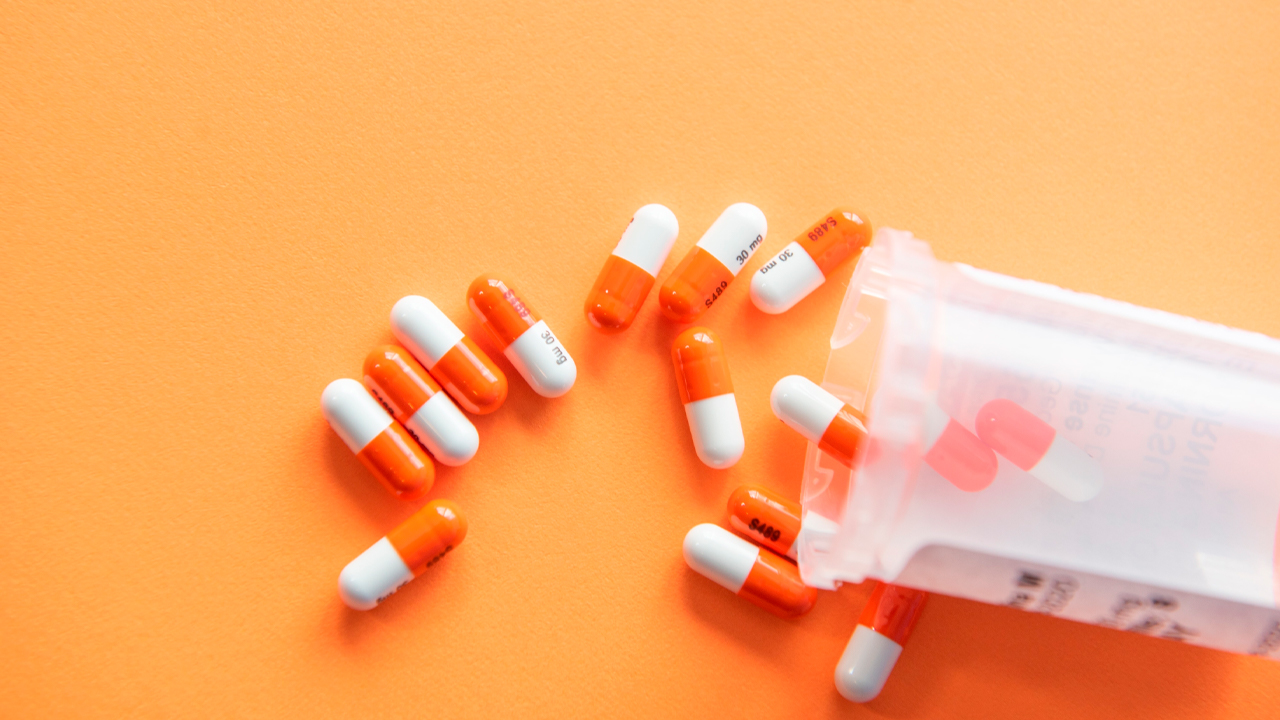The kidney removes all the waste material from our body and maintains the right amount of fluid in the body. The kidney plays a vital role in maintaining blood pressure normal. But certain medicines affect the normal functioning of the kidney, thereby affecting all these functions. They are
Antibiotics – Antibiotics affect kidneys differently. Some of them form crystals that don’t break down and block the urinary tract. Other medicines damage kidney cells when they try to perform the function of filtration. The likelihood of these possibilities increases if you take antibiotics for a long time or the dose is too high.
Non-Steroidal Anti-Inflammatory Drugs (NSAID) – NSAIDs are easily available over the counter in India. And we often take them for silly day-to-day pain. Aspirin, Ibuprofen, or any other painkiller prescribed by your doctor, you should not take for a long time or refrain from taking their high doses. Overuse of painkillers causes 5% of chronic kidney failure every year.
Laxatives – Laxatives leave crystals in your kidney that damage them or cause failure. This is especially in the case of medicine that contains oral sodium phosphate (OSP).
Supplements – Supplements are not good for kidney health. If you are taking any supplements on a regular basis, inform your doctor about the same so as to prevent any complications.
Proton pump Inhibitors (PPIs) – PPIs are useful for heartburn, acid reflux, or ulcers. They lower the amount of acid in the stomach. However, studies have proved that taking PPIs for longer can damage your kidney or may cause kidney failure in the future. Another class of drug in this category, H2 blockers are less harmful, you can prefer taking H2 blockers medicines for heartburn but do consult with your physician first. Avoid taking PPI for a longer period.
If you already have kidney disease, taking certain medications may worsen the condition. These are medicines for cholesterol, diabetes, antacid medicine, and antimicrobial medicines like antifungal and antiviral drugs.
Protect your kidney
- Manage your blood pressure and diabetes
- Keep a close look on your kidney health by regularly visiting doctors for checkups
- Eat a well-controlled balanced diet
- Live an active lifestyle
- Take your medicines on time
- Aim for a healthy weight
- Take sufficient sleep
- Quit smoking and drinking
- Avoid stress and depression, take care of your mental health
(Disclaimer: The content on this site is for informational purposes only, and should not be taken as professional medical advice. Always seek the guidance of your doctor or other health professionals for any questions you may have regarding your health or a medical condition.)

 For all our small silly day-to-day pain, we directly take OTC medicines from our nearby pharmacy. But do you know, these medicines can be really harmful if taken for a longer period of time. Here we are discussing those medicines whose excessive consumption can affect the normal functioning of kidneys.
For all our small silly day-to-day pain, we directly take OTC medicines from our nearby pharmacy. But do you know, these medicines can be really harmful if taken for a longer period of time. Here we are discussing those medicines whose excessive consumption can affect the normal functioning of kidneys.










.jpeg)




.jpeg)

.jpg)













